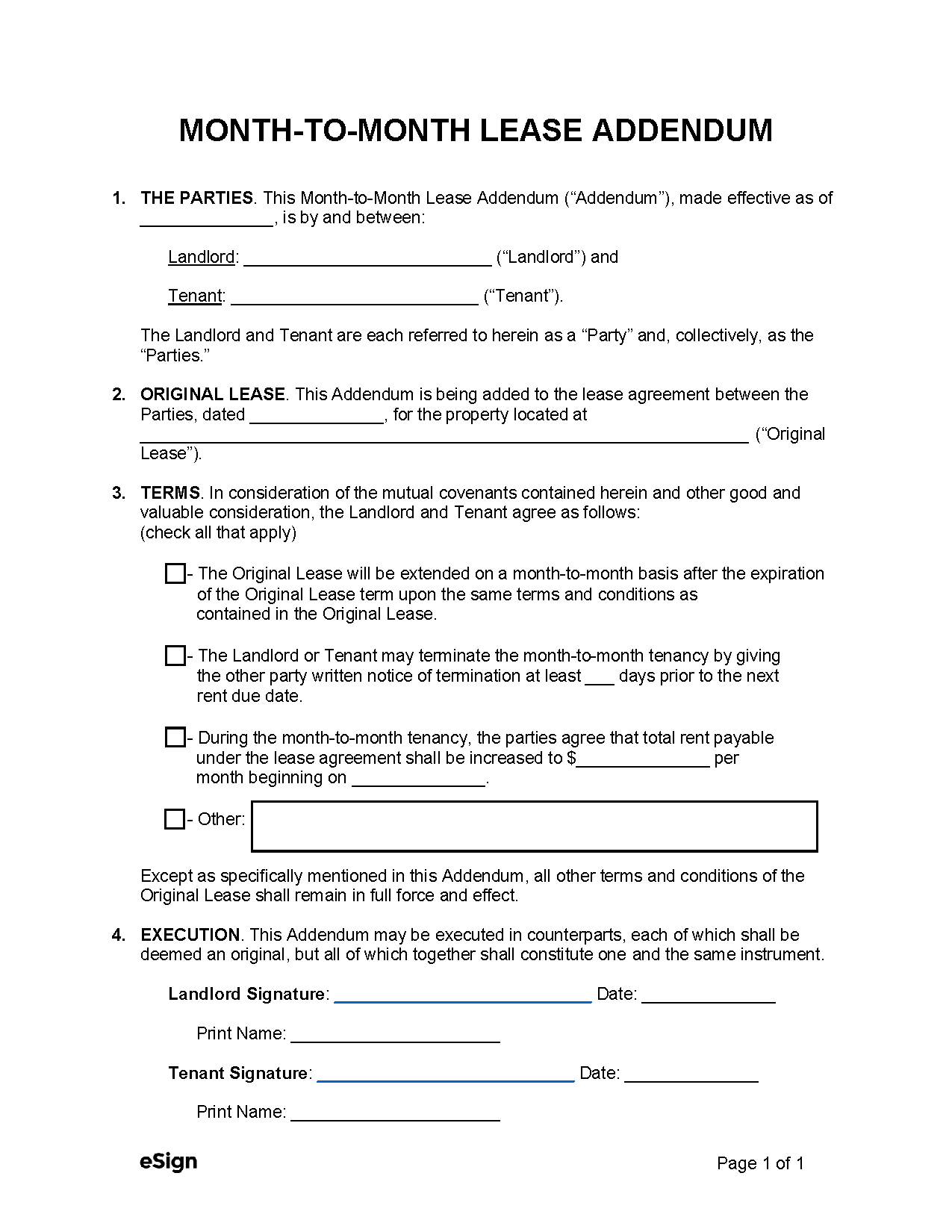Month-to-Month Tenant Rights vs. Fixed-Lease Rights: What’s the Difference?
Month-to-Month Tenant Rights vs. Fixed-Lease Rights: What’s the Difference?
Blog Article
Hiring under a month-to-month lease appears flexible and convenient. But what rights do tenants have in such plans? Whether you're currently in a month-to-month lease tenant rights deal or are contemplating it, knowledge your rights is important to avoiding misconceptions or disputes with landlords. This information highlights the most important aspects of tenant rights you should know.
What Is a Month-to-Month Lease?
A month-to-month lease is just a hire deal that renews quickly on a monthly basis unless both the landlord or tenant offers the mandatory discover to stop the agreement. Unlike long-term leases, which usually lock visitors in to a six- or twelve-month agreement, a month-to-month lease offers flexibility for equally parties. But, that flexibility often includes particular appropriate considerations.
Key Month-to-Month Tenant Rights
1. Right to Proper Notice
One of the most critical rights for month-to-month tenants is the best to appropriate observe before any key improvements occur. This might include firing of the lease, book raises, or adjustments to hire terms.
Firing Detect: Tenants an average of get 30 days'detect before they must vacate the property. However, in some states, this time may be provided that 60 times, depending on how long you've existed on the house and local hire laws.
Lease Improve Notice: Landlords are also compelled under most state laws to provide advance published recognize (often 30 days) of any book increase.
2. Right to a Habitable Living Space
Regardless of the lease form, all tenants are eligible to a habitable living environment. This is recognized as the implied warranty of habitability and includes the landlord's duty to:
Hold plumbing, heating, and electrical programs operational.
Assure the machine is free of pests and hazards, such as mold.
Correct any problems that might make the living place unsafe.
If a landlord fails to meet up these problems, tenants may have the best to withhold lease or terminate the lease, with regards to the regulations in their state.
3. Right to Due Process for Evictions
Also without a long-term lease, month-to-month tenants cannot be evicted without trigger or due process. Factors for eviction might include non-payment of rent or violation of the lease agreement. Nevertheless, landlords must follow state eviction laws, which almost always require written discover and a judge get if disputes arise.
4. Right to Privacy
Your landlord cannot appear unannounced, irrespective of the phrases of the lease. State laws require landlords to supply fair discover (usually 24–48 hours) before entering the home for repairs, inspections, or featuring the unit to prospective tenants.

5. Freedom to Terminate the Lease
Flexibility is the quality of a month-to-month lease. Tenants can generally end their deal with appropriate notice, that will be often 30 days. Nevertheless, make sure you give prepared discover within the specified timeframe in order to avoid penalties.
Trends and Data on Month-to-Month Renting
In accordance with House List, month-to-month leases are climbing in recognition, especially among young tenants and persons navigating uncertain conditions like job transitions or relocating. The demand for mobility is higher than ever, with over 50% of millennial tenants saying they price variable lease choices around fixed-time commitments.
However, data from Zillow also shows that tenants in month-to-month agreements often face larger rent increases. This is because landlords may adjust lease more frequently in these kind of leases in comparison to long-term agreements.
Final Thoughts
While month-to-month leases provide unparalleled mobility, it's required for tenants to understand the rights and responsibilities related with this specific agreement. Whether you're concerned about eviction, rent walks, or privacy, understanding your legal defenses can assist you to produce knowledgeable decisions and proceed with confidence.
Report this page